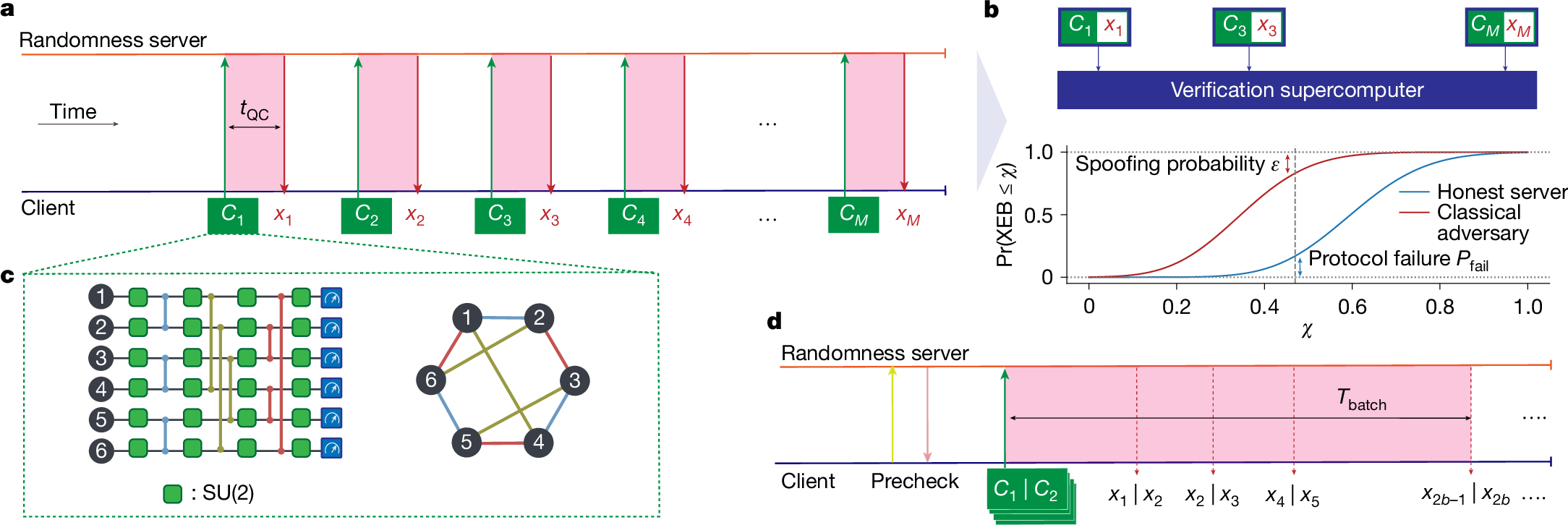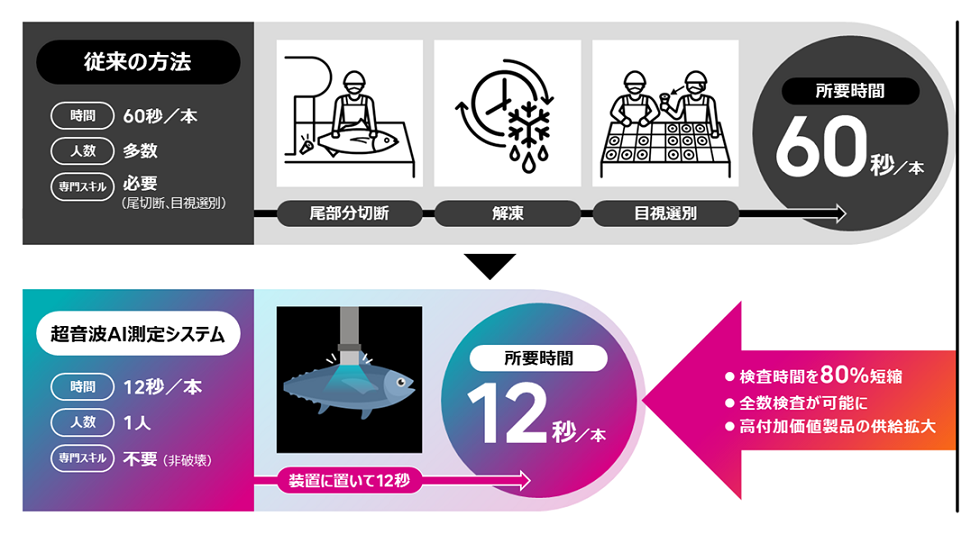2025-04-09 シンガポール国立大学(NUS)
<関連情報>
- https://news.nus.edu.sg/nus-researchers-and-alumnus-contribute-to-major-quantum-computing-milestone/
- https://www.nature.com/articles/s41586-025-08737-1
トラップドイオン量子プロセッサーでランダム性を証明 Certified randomness using a trapped-ion quantum processor
Minzhao Liu,Ruslan Shaydulin,Pradeep Niroula,Matthew DeCross,Shih-Han Hung,Wen Yu Kon,Enrique Cervero-Martín,Kaushik Chakraborty,Omar Amer,Scott Aaronson,Atithi Acharya,Yuri Alexeev,K. Jordan Berg,Shouvanik Chakrabarti,Florian J. Curchod,Joan M. Dreiling,Neal Erickson,Cameron Foltz,Michael Foss-Feig,David Hayes,Travis S. Humble,Niraj Kumar,Jeffrey Larson,Danylo Lykov,… Marco Pistoia
Nature Published:26 March 2025
DOI:https://doi.org/10.1038/s41586-025-08737-1

Abstract
Although quantum computers can perform a wide range of practically important tasks beyond the abilities of classical computers, realizing this potential remains a challenge. An example is to use an untrusted remote device to generate random bits that can be certified to contain a certain amount of entropy. Certified randomness has many applications but is impossible to achieve solely by classical computation. Here we demonstrate the generation of certifiably random bits using the 56-qubit Quantinuum H2-1 trapped-ion quantum computer accessed over the Internet. Our protocol leverages the classical hardness of recent random circuit sampling demonstrations: a client generates quantum ‘challenge’ circuits using a small randomness seed, sends them to an untrusted quantum server to execute and verifies the results of the server. We analyse the security of our protocol against a restricted class of realistic near-term adversaries. Using classical verification with measured combined sustained performance of 1.1 × 1018 floating-point operations per second across multiple supercomputers, we certify 71,313 bits of entropy under this restricted adversary and additional assumptions. Our results demonstrate a step towards the practical applicability of present-day quantum computers.



